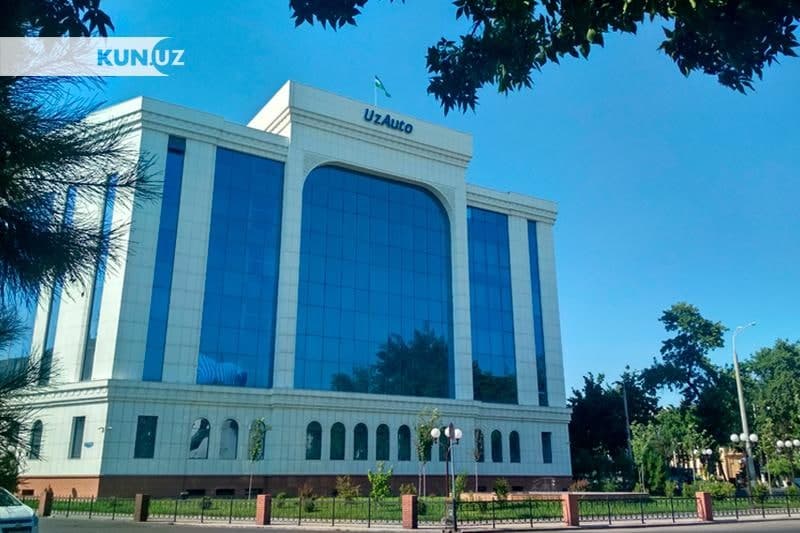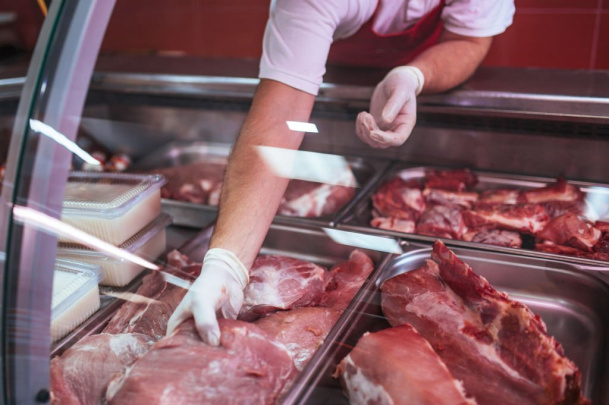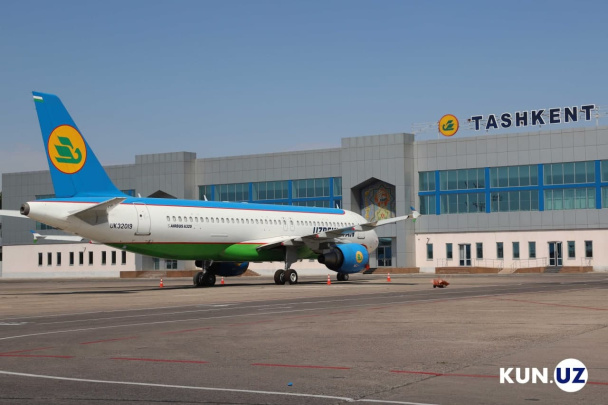On September 17, an analytical article was published on the Kun.uz website entitled “Queues for UzAuto cars are growing. What is the reason?”. In it, the editors turned to Uzavtosanoat with a number of questions. The company’s information service answered the site’s questions as follows:
How many Cobalt, Nexia, Gentra and Spark vehicles are on average delivered to customers per week, in August-September 2021?
- As a result of preventive measures and modernization work carried out in August to launch models on new platforms, the production lines of the Asaka plant were scheduled to be stopped. Therefore, in August and the first half of September, these models were delivered, on average, 850 units, and if you count together with Damas and Labo, then 2,100 per week. In May-July, an average of 4,300 vehicles were delivered per week, including 2,660 Cobalt, Nexia, Gentra and Spark, Damas and Labo models. From the second half of September, the number of weekly deliveries of all vehicles will be increased to 5,000 units.
How many cars were not equipped with a control microchip, but rolled off the assembly line?
- Despite the global shortage of semiconductors around the world, UzAuto Motors is trying to continue production without installing a control microchip in cars. Currently, the number of cars produced without the installation of a control microchip is 300 units, and by the end of the month this number is expected to reach 2000 units.
How are things going with the installation of microchips on cars produced today?
- Today, the level of security is on average 5,000 units per week.
How is their delivery ensured and how does this affect the production process?
- General Motors has established a 24/7 global staff that continually monitors the supply chain from chip suppliers to automotive conveyors. Semiconductor modules required for UzAuto Motor vehicles are quickly delivered to the conveyor from all over the world by air.
How would you comment on messages about extraordinary deliveries of cars in exchange for “incentive” from official car dealers?
In response to the fifth question, the information service of Uzavtosanoat JSC reported the following:
- As already reported, the automotive industry in all countries is going through difficult times associated with the global shortage of semiconductors. As a result of a shortage of microchips, a number of large car factories have been completely or partially closed.
UzAuto Motors is trying to overcome international problems without completely stopping factories and cutting jobs, in order to reduce the number of negative consequences. However, production fell sharply, resulting in a shortage of new cars in the primary market.
These negative consequences have led to the emergence of illegal ways to sell and buy cars. Despite the existence of a transparent trading system and various anti-corruption measures, some individuals are inventing new ways of making a profit, bypassing the system.
Thus, it was recently revealed that one person, using the sales system, entered into 10, 20 and even 200 agreements for the purchase of cars. The study showed that these people turned the situation into their own business, where they provide preferential terms to buyers who do not want to wait in line. The desire of some to stand out and get cars in a short time, cause inconvenience to all buyers.
In particular, as a result of monitoring of dealer enterprises in September, there were signs of violations in the activities of Dustlik Avtotekhkhizmat LLC, located in Namangan, the information was sent to law enforcement agencies for legal assessment. In addition, UzAuto Motors terminated the dealer agreement with Dustlik Avtotekhkhizmat LLC.
In addition, UzAuto Motors came up with an initiative to eliminate all illegal ways of selling and buying new cars, by synchronizing the sales database with the database of new cars registration of the State Traffic Safety Service. This project, implemented jointly with the Anti-Corruption Agency, the State Traffic Safety Inspectorate and the Ministry of ICT, will prevent the emergence of illegal enrichment schemes and make it impossible to transfer the queue to buy a car.






